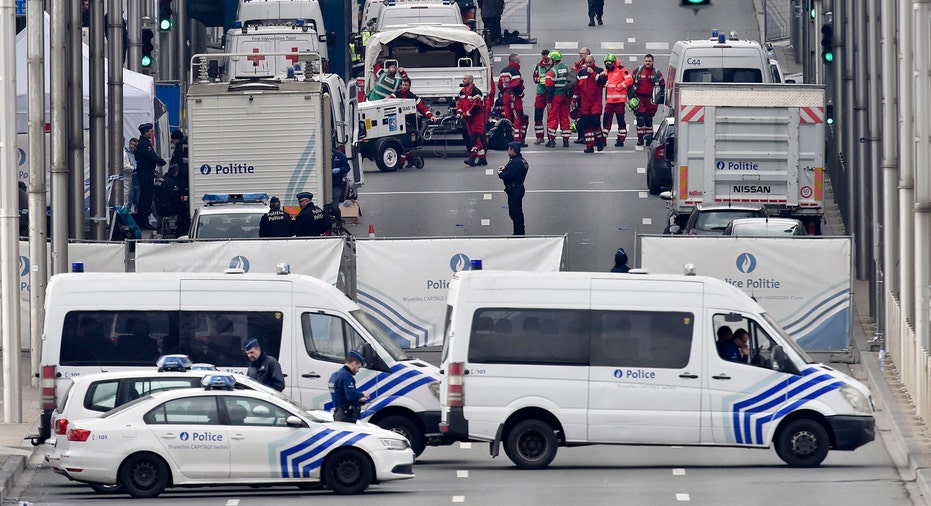Former CIA Director: Closing U.S. Borders is Not Possible, Not Wise and Wouldn't Help

During an interview on the FOX Business Network’s Varney & Co., General Michael Hayden, former director of the CIA and NSA, discussed the possibility of a terror attack in the U.S., similar to the one in Brussels, Belgium, before the presidential election.
“There’s always that possibility,” Hayden told Stuart Varney. “But, a couple things distinguish us from our European friends. We’re actually a bit better at this than the Belgians and other continental security services are, so that’s an advantage.”
Hayden said the circumstances in the U.S. are different than those in Europe.
“We’re a better nation at assimilating foreign communities,” he said. “We have a history of this. We do it well. Many of our European friends do not. So, I am not talking about our being risk-free at all, but we are certainly not talking about this being inevitable here. Again, we’ll see what happens. Take the lessons from what happened in Brussels, up our game, be better prepared, but I don’t see either inevitability or a free ride.”
The former CIA director commented on whether closing U.S. borders to immigration would be beneficial to preventing possible terror attacks.
“It’s not possible and it’s not wise and it wouldn’t help,” Hayden said. “The issue in Brussels, beyond the hideous crime that’s been committed, is a sense of alienation of a significant fraction of the Belgian population that does not feel contact, integration with, assimilation into Belgian society. I don’t think we strengthen our hand to take what has been a winning hand that we are assimilating and suddenly close our borders… to one of the world’s great monotheisms. Why would we actually try to undercut an aspect of our character that up to this point has actually made us safer?”
Hayden also said he believes the U.S. and other western countries are at war with Islamic terrorism, but that the religion is only part of the issue and should not be solely blamed.
“There are elements here where this is certainly about Islam,” he said. “It is not about all of Islam and, for God’s sake, it is not about all Muslims. But to deny the religious base of those who will do us harm, even if most Muslims view it to be an aberration of their religion, to refuse to have that conversation does nothing but confuse ourselves. That’s not good either.”



















